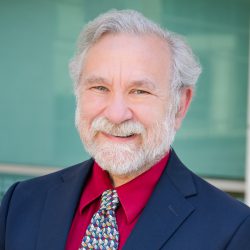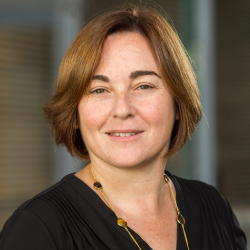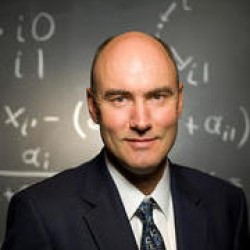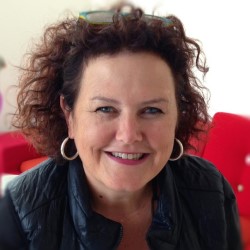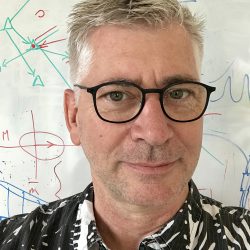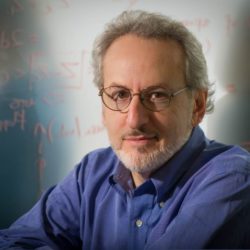Peter Walter
Dept of Biochemistry & Biophysics
UCSF
Peter Walter is a Distinguished Professor of Biochemistry and Biophysics at UCSF and an HHMI Investigator. He graduated from the Free University of Berlin in 1976, and received his Masters of Science in Organic Chemistry from Vanderbilt University in 1977. In 1981 he obtained his PhD in Biochemistry at The Rockefeller University. In 1983, Peter joined the faculty of the Department of Biochemistry and Biophysics at the University of California at San Francisco, and served as Department Chair from 2001 until 2008. Peter’s awards include the Eli Lilly Award, the Passano Award, the Wiley Prize, the Stein & Moore Award, the Gairdner Award, the E.B. Wilson Medal, the Otto Warburg Medal, the Jung Prize, the 2012 Ehrlich and Darmstaedter Prize, the 2014 Shaw Prize, the 2014 Lasker Award, the 2015 Vilcek Prize and the 2018 Breakthrough Prize. Walter’s lab seeks a molecular understanding of how cells control the quality of their proteins and organelles during homeostasis and stress. They are identifying the machinery and mechanisms that ensure proper protein synthesis, folding, and targeting, as well as the pathways that allow organelles to communicate and regulate their abundance. In addition they aim to understand how the rewiring of these processes leads to, or prevents the progression of disease.

